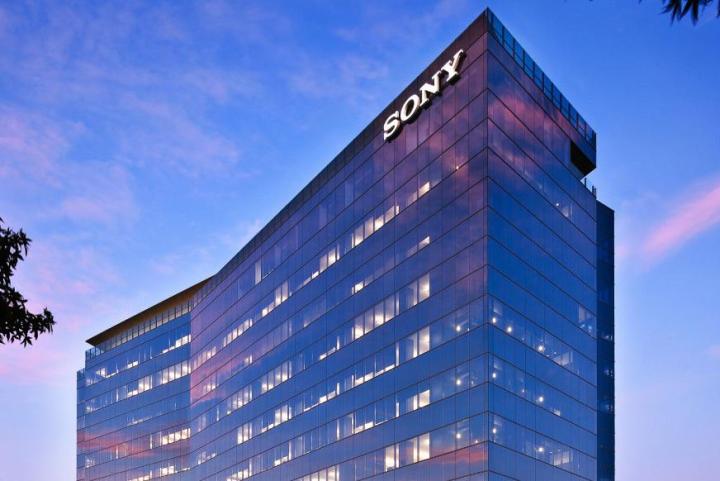
Remember tape storage? You may think that it’s a relic of the 80s and early-to-mid 90s, but Sony is still investing quite a bit into the format. In fact, the firm recently announced that it has developed a new version which holds a ridiculous 185 TB of data per cassette, the BBC reports.
How’s this for some perspective: that’s the same amount of data that 3,700 Blu-ray discs can store combined. It also holds 148 GB of data per inch, which is over five times more than the previous record for this storage format. In case you’re confused as to why Sony is still putting money in tape, it’s still used in the corporate world to archive massive amounts of information.
“The rapid recovery of data systems such as databases and data servers following natural disasters, as well as secure management of information has become ever more important, and companies around the world are proceeding to build new data systems,” Sony said in this official blog post. “In addition, the expansion of cloud services and the creation of new markets to utilize big data have led to a growing need for a data storage media which can store large amounts of information.”

This comes after Sony and Panasonic announced plans to develop the Archival Disc. Though Archival Discs look like any other CDs, they’ll come in versions that can hold 300 GB, 500 GB, and 1 TB of data. Archival Discs will allegedly be readable for at least 50 years, and, according to a Panasonic rep, don’t require you to place them in any special storage environments to keep the data on the discs safe.
In addition to this new version of tape storage, Sony says that it will continue to push data density even further in the future. We can’t help but wonder how much data tape and discs will be able to hold just less than a decade from now.


